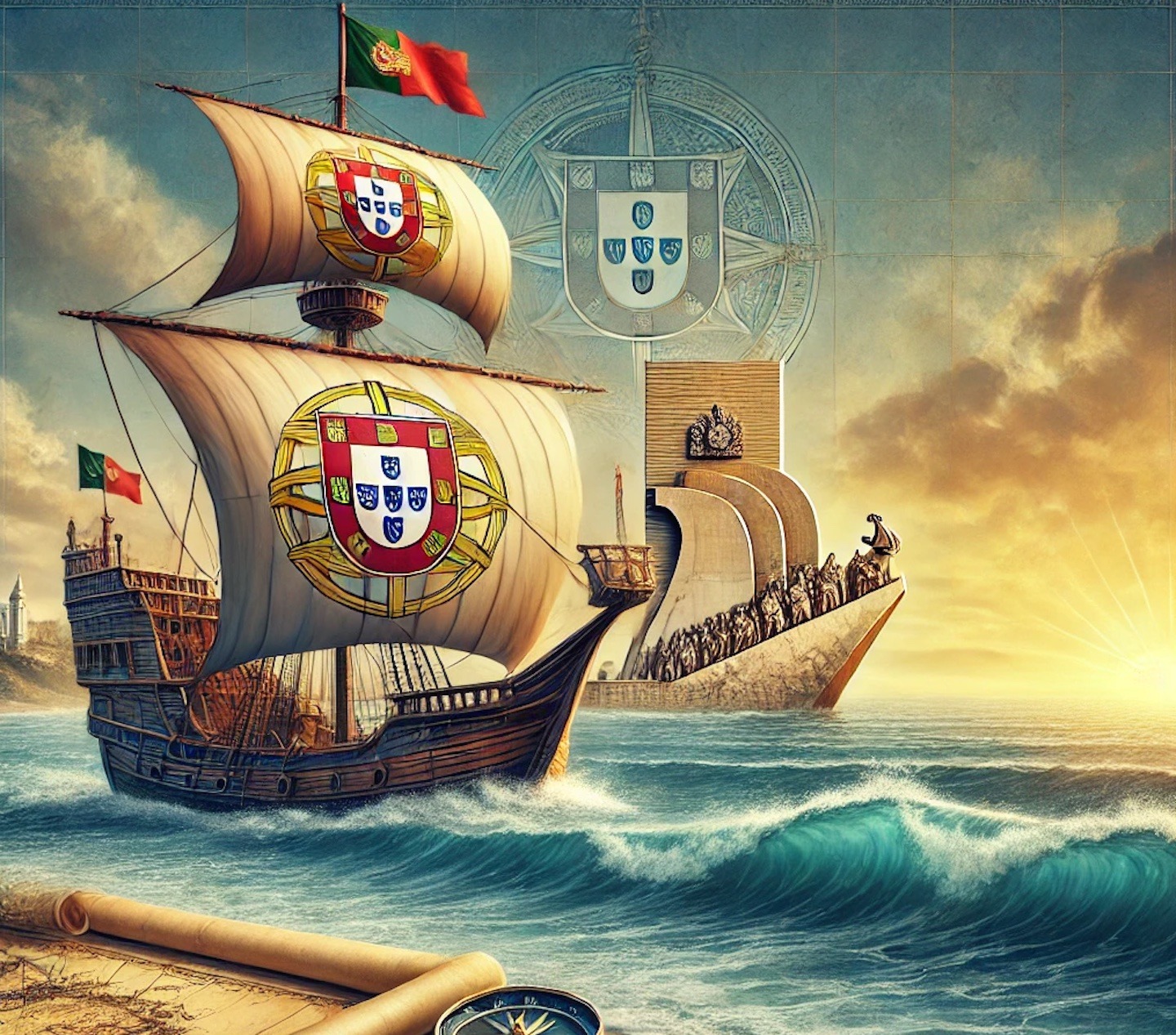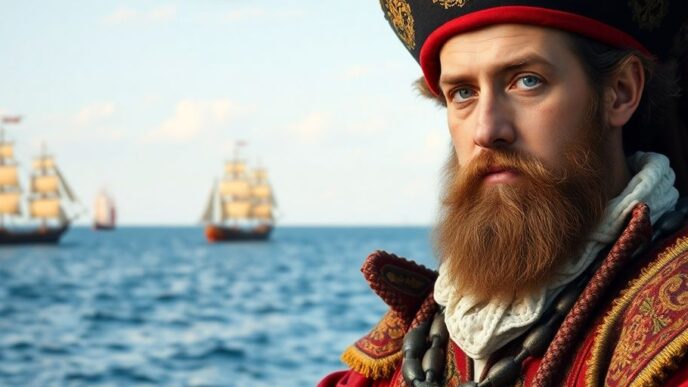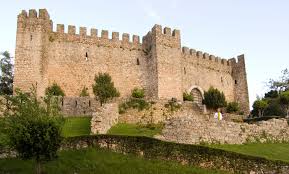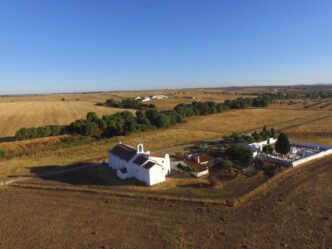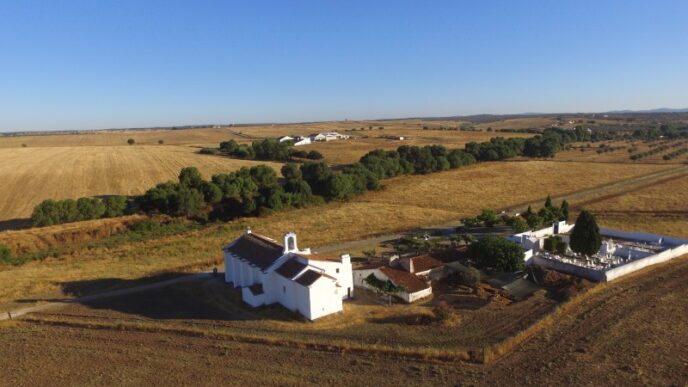1. Age Of Discovery
The Age of Discovery was a time when Portugal became a leader in exploration from the 15th to 17th century. This period was marked by significant advancements in maritime technology and trade. Here are some key points about this transformative era:
- Prince Henry the Navigator played a crucial role in starting this age by supporting voyages along the African coast.
- Portuguese explorers discovered new lands, including the Gold Coast and the Congo River.
- In 1498, Vasco da Gama successfully reached India by sailing around Africa, opening new trade routes.
- The Treaty of Tordesillas in 1494 divided the newly discovered lands between Portugal and Spain, shaping global geopolitics.
The Age of Discovery not only expanded Portugal’s empire but also changed the world by connecting different cultures and economies.
This era laid the groundwork for Portugal’s first global empire, influencing trade and cultural exchanges that would last for centuries.

2. Treaty Of Tordesillas
In 1494, the Treaty of Tordesillas was signed between Spain and Portugal. This agreement aimed to settle the conflicts over newly discovered lands in the Western Hemisphere. Here’s what you need to know about this important event:
Key Points:
- The treaty divided the world into two halves along a north-south line.
- Lands to the east of the line belonged to Portugal.
- Lands to the west of the line belonged to Spain.
- This division was meant to prevent disputes over new territories.
Impact:
- The treaty allowed both countries to expand their empires without conflict.
- It led to the exploration of many new lands, including parts of South America.
The Treaty of Tordesillas was a significant moment in history, shaping the future of exploration and colonization for both Spain and Portugal.
3. Carnation Revolution

The Carnation Revolution took place on April 25, 1974. This event was a peaceful military coup that ended a long period of dictatorship in Portugal. It is often called the “bloodless coup” because there was very little violence involved. Here are some key points about this important moment in history:
Key Events
- Start of the Revolution: The revolution began early in the morning, with soldiers taking control of key locations in Lisbon.
- Public Support: Many citizens joined the soldiers, showing their support for the change.
- Symbol of Peace: The revolution is named after the carnation flower, which was used by the people to symbolize peace and hope.
Outcomes
- End of Dictatorship: The revolution successfully ended the authoritarian regime that had ruled Portugal for decades.
- New Government: It led to the establishment of the Third Republic, which focused on democracy and human rights.
- Democratic Reforms: The new government implemented many reforms to improve the lives of Portuguese citizens.
The Carnation Revolution signifies the start of a new era in Portugal, bringing down the authoritarian regime and paving the way for democracy.
This revolution is a significant part of Portugal’s history, marking a shift towards a more open and democratic society.
4. 1755 Lisbon Earthquake
On November 1, 1755, a devastating earthquake struck Lisbon, changing the city and its people forever. This disaster was one of the most powerful earthquakes in history, with a magnitude estimated at 9.0 on the Richter scale. Here are some key points about this tragic event:
Key Facts
- Date: November 1, 1755
- Magnitude: Estimated 9.0
- Casualties: Approximately 40,000 people died
- Aftermath: Fires and a tsunami followed the quake, causing further destruction
Immediate Impact
- The earthquake destroyed much of Lisbon, leaving the city in ruins.
- Many buildings collapsed, and fires broke out, fueled by candles from churches.
- A tsunami hit the coast, flooding the harbor and destroying ships.
The earthquake was a turning point for Lisbon, leading to major changes in how cities were built and how disasters were managed.
Rebuilding Efforts
- Sebastião de Melo, the chief minister, led the rebuilding efforts.
- He introduced new building codes to make structures more earthquake-resistant.
- The new city layout was designed to prevent future disasters, making Lisbon a model for urban planning.
The 1755 Lisbon Earthquake not only reshaped the city but also influenced how people viewed natural disasters and their impact on society. It marked a significant moment in Portugal’s history, leading to reforms that would change the nation forever.
5. Portuguese Colonial War
The Portuguese Colonial War was a significant conflict that took place from 1961 to 1974. It was mainly fought in three African territories: Angola, Mozambique, and Guinea-Bissau. This war was not just about land; it was a decisive ideological struggle in Lusophone Africa, affecting surrounding nations and mainland Portugal.
Key Events of the War
- Start of the War: The conflict began in 1961 when independence movements gained momentum in the colonies.
- Major Battles: Several key battles occurred, with guerrilla tactics being used by the independence fighters.
- International Attention: The war drew attention from other countries, leading to debates about colonialism and human rights.
- End of the War: The war concluded with the Carnation Revolution in Portugal, which led to a change in government and the eventual independence of the colonies.
The war resulted in the loss of many lives, with estimates suggesting that around 122,000 Africans died during the conflict. It marked a turning point in Portugal’s colonial history and reshaped its identity.
Impact on Portugal
- Political Changes: The war led to significant political changes in Portugal, including the end of the dictatorship.
- Cultural Shifts: It also caused a shift in how Portuguese people viewed their colonial past and their role in the world.
- Legacy: The legacy of the war continues to influence Portugal’s relationships with its former colonies today.
Frequently Asked Questions
What was the Age of Discovery?
The Age of Discovery was a time in the 15th and 16th centuries when European countries explored the world. Portugal played a big role by sending ships to find new trade routes and lands.
What was the Treaty of Tordesillas?
The Treaty of Tordesillas was an agreement made in 1494 between Spain and Portugal. It divided the newly discovered lands outside Europe between the two countries.
What happened during the Carnation Revolution?
The Carnation Revolution took place in 1974. It was a peaceful coup that ended a long dictatorship in Portugal, leading to democracy.
How did the 1755 Lisbon Earthquake affect Portugal?
The 1755 Lisbon Earthquake was a massive disaster that destroyed much of Lisbon. It changed how people thought about safety and building structures.
What was the Portuguese Colonial War?
The Portuguese Colonial War lasted from 1961 to 1974. It was a conflict where Portugal fought to keep its colonies in Africa against independence movements.
Why is Portugal significant in world history?
Portugal is important in world history because of its explorers, trade routes, and its role in spreading culture and religion during the Age of Discovery.

